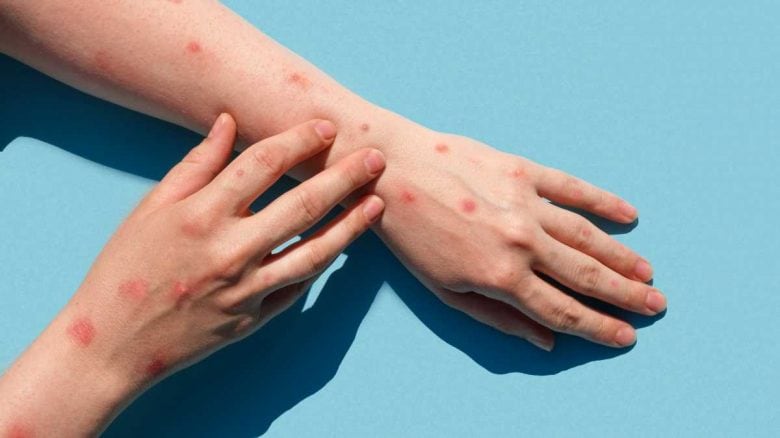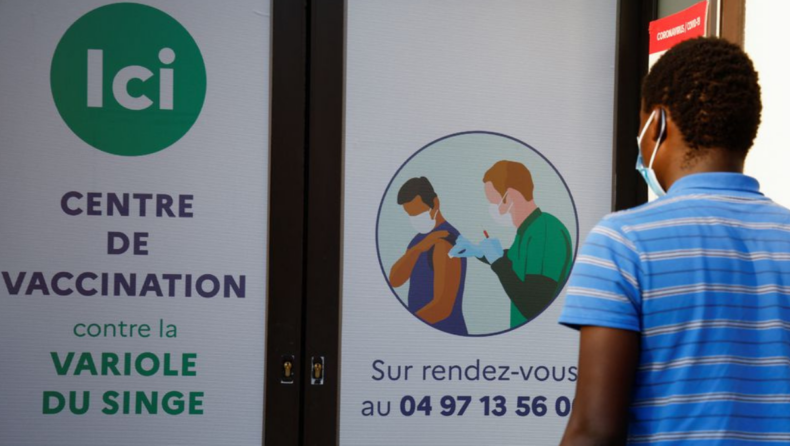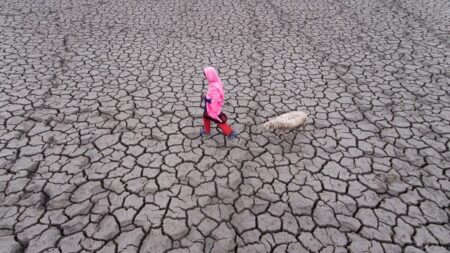Officials from the World Health Organisation stated on Tuesday that it is feasible to end the monkeypox outbreak in Europe, pointing to data showing that case counts are decreasing in a few countries.
Despite limited vaccine supplies, there are positive signs of a consistent week-over-week reduction in the number of cases beginning in many European nations, including France, Germany, Portugal, Spain, and Britain, as well as a slowdown in some regions of the United States.
According to WHO Regional Director for Europe Hans Kluge, “We believe we can eliminate persistent human-to-human transmission of monkeypox in the (European) region.” “We must immediately intensify our efforts if we are to progress toward eradication.”

Despite efforts by authorities to extend current stockpiles, Bavarian Nordic’s restricted supply of the Monkeypox vaccine, which is also authorised to prevent smallpox, has hampered its distribution.
Regulators in the United States, the European Union, and the United Kingdom have supported a change in how the Monkeypox vaccine is delivered that involves injecting a lower quantity of the shot intradermally, increasing the number of doses that may be utilised from one vial by five times.
According to Catherine Smallwood, senior emergency officer and monkeypox incident manager at WHO/Europe, the significant factors behind the slowdown appear to be earlier detection, which results in patients isolating themselves sooner, and behavioural changes, given the time it takes to deploy the vaccine and for it to take effect.
“We do have some pretty good anecdotal evidence that people – particularly men who have sex with men who are in particular risk groups – are much more informed about the disease.”
Since early May, there have been more than 47,600 confirmed cases in 90 nations where monkeypox is not endemic. The epidemic has been deemed a worldwide health emergency by the WHO.
According to WHO authorities, COVID-19 and other respiratory virus cases are also anticipated to increase in fall and winter, as is customary during the colder months.
It may not be a normal flu season this year since the preventative measures that prevented seasonal flu in 2021 and 2020, for example, are no longer in effect, according to Smallwood.
Additionally, for the first time in decades, polio, a fatal illness that used to cripple tens of thousands of children each year, is spreading in London, New York, and Jerusalem, prompting catch-up vaccination programmes.
The instances reportedly have a connection to so-called vaccine-derived polio, which infrequently results from the administration of an oral polio vaccination that contains attenuated live virus.
Following vaccination, children continue to pass the virus in their faeces for a few weeks. This can cause the disease to spread in under-vaccinated areas and perhaps change back into a dangerous virus.
While nations like Britain and the United States no longer employ this live vaccination, others still do, particularly to halt outbreaks, which contribute to the spread of polio around the world.
According to Siddhartha Datta, WHO/immunisation Europe’s specialist, the polio virus found in all three places appears to be genetically connected.
He said that further research has to be done to see whether there are any connections between the instances.
More on Monkeypox













